Suger water or not for your bees?
liznbeatle
16 years ago
Related Stories
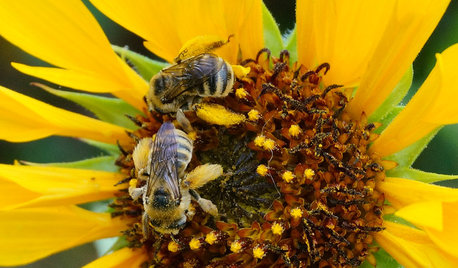
EARTH DAY12 Entertaining ‘Bee-haviors’ of Native Bees
The parade of pollinator antics is another reason to create a garden that nurtures native bees
Full Story
GARDENING FOR BUTTERFLIESGardening for the Bees, and Why It’s a Good Thing
When you discover how hard bees work for our food supply, you may never garden without them in mind again
Full Story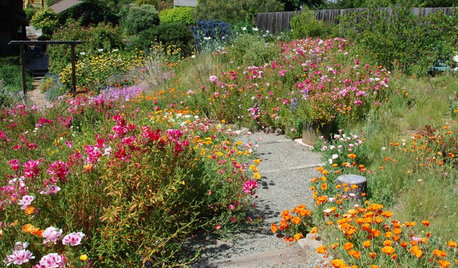
EARTH DAYHow to Design a Garden for Native Bees
Create a garden that not only looks beautiful but also nurtures native bees — and helps other wildlife in the process
Full Story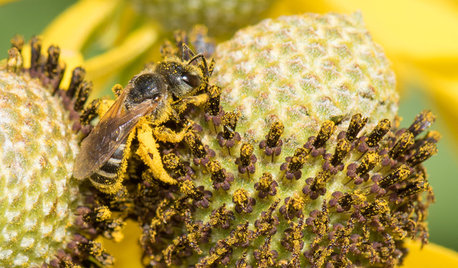
GARDENING GUIDESWelcome Sweat Bees to Your Garden Throughout the Growing Season
Look before you swat! These friendly sweat bees will feed on your sweat on a hot summer day, but their main buffet is flowers
Full Story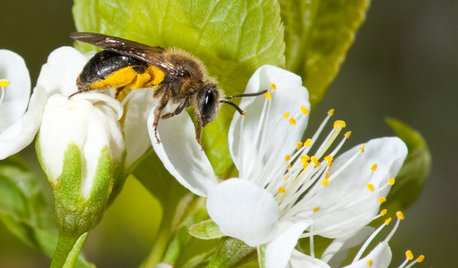
GARDENING GUIDESInvite Mining Bees to Your Garden by Planting Their Favorite Plants
Look for mining bees (Andrena) pollinating woodland wildflowers in U.S. gardens this spring
Full Story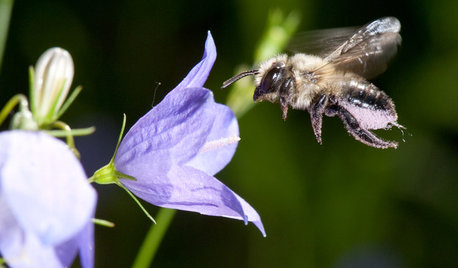
GARDENING GUIDESPut Out the Welcome Mat for Leafcutter Bees in Your Garden
Provide a diversity of flowering plants from spring through fall for these charismatic native bees, and you won’t be disappointed
Full Story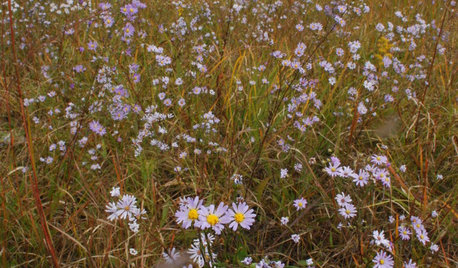
GARDENING GUIDES15 Native Flowers That Feed Native Bees
These perennials offer superfood to hundreds of bees and are gorgeous in their own right
Full Story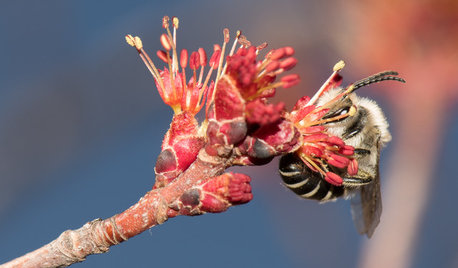
GARDENING GUIDESInvite Cellophane Bees to Your Garden by Providing Patches of Bare Soil
Look for cellophane bees (Colletes) pollinating flowering trees and shrubs in U.S. gardens this spring
Full Story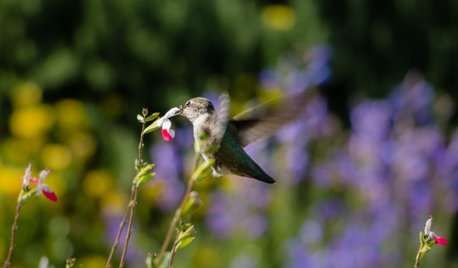
GARDENING GUIDESAttract Hummingbirds and Bees With These Beautiful Summer Flowers
Roll out a welcome mat for pollinators to keep your landscape in balance and thriving
Full StorySponsored







Konrad___far_north
james_lindstrom
Related Professionals
Chattanooga Landscape Architects & Landscape Designers · Rancho Cordova Landscape Architects & Landscape Designers · Alexandria Landscape Contractors · Aurora Landscape Contractors · Springfield Landscape Contractors · Corona Landscape Contractors · Dunwoody Landscape Contractors · Fairfield Landscape Contractors · Fort Payne Landscape Contractors · Huntington Landscape Contractors · Kettering Landscape Contractors · Louisville Landscape Contractors · Merced Landscape Contractors · Methuen Landscape Contractors · Tewksbury Landscape ContractorsliznbeatleOriginal Author
tonybeeguy
liznbeatleOriginal Author
timintexas